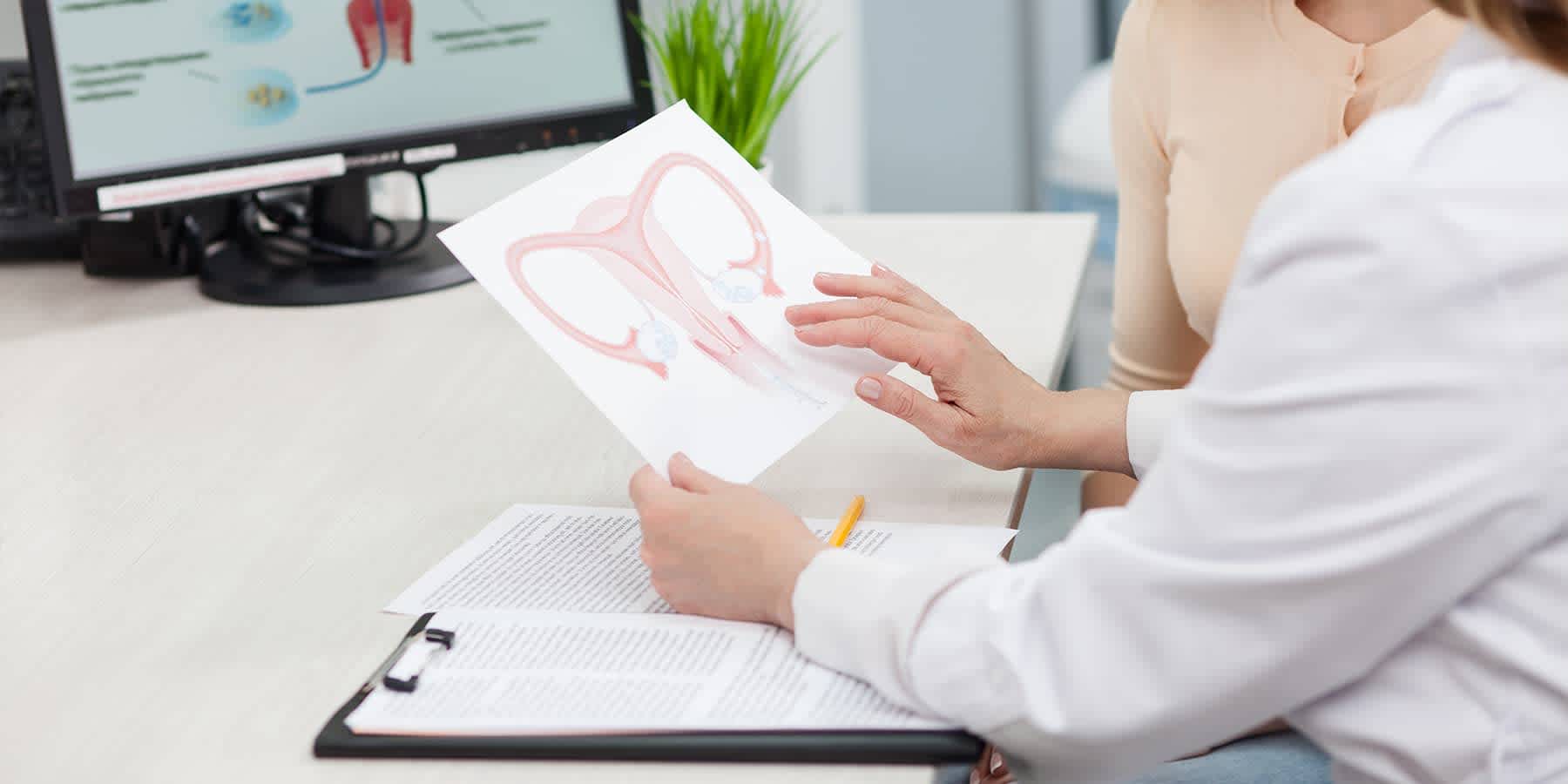
Why Some Women Have Low Egg Count and What That Means for Getting Pregnant
Medically reviewed by Neka Miller, PhD on July 15, 2021. To give you technically accurate, evidence-based information, content published on the Everlywell blog is reviewed by credentialed professionals with expertise in medical and bioscience fields.
There are a seemingly endless number of factors that contribute to your ability to get pregnant. One of the most important is egg count. Women have a set number of eggs at birth, and that number gradually diminishes as they get older. By their first period, most women have about 300,000 eggs on average.
While it’s normal to have fewer eggs as you get older, some women may actually have a low egg count for their age. Low egg count and getting pregnant is not impossible by any means, but it can potentially reduce your chances. Why do some women have low egg counts? Should you consider ovarian reserve testing? Read on to learn more.
Diminished Ovarian Reserve
Your ovarian reserve refers to the number and quality of eggs left in your ovaries. As you get older, your chances of getting pregnant naturally go down as your ovarian reserve goes down. A woman’s peak is generally in their 20s. However, until you actually hit menopause, you still have a fairly high chance of getting pregnant.
A diminished ovarian reserve means that you have fewer eggs or eggs of lesser quality than what is normally expected for your age. For example, with a diminished ovarian reserve, you may be 30 years old, but the quality and quantity of your eggs may be more typical of someone who is 45.
What Causes a Low Egg Count?
While age is the main factor determining egg count, there are a variety of factors that can potentially contribute to a diminished ovarian reserve, including:
- Genetic mutations that affect ovarian function
- Chemotherapy or radiation therapy
- Surgery that involves removing part or all of each ovary
- Endometriomas, or cystic lesions caused by endometriosis
- Cigarette smoking
Some experts suggest that untreated sexually transmitted infections that spread to the reproductive organs may contribute to a diminished ovarian reserve. However, many cases of diminished ovarian reserve are idiopathic, meaning they present no apparent cause.
Symptoms and Diagnosis
A diminished ovarian reserve generally doesn’t present any noticeable signs or symptoms. Some women may see a slightly shortened menstrual cycle, but most women find out they have a diminished ovarian reserve following diagnostic tests. This usually includes a transvaginal ultrasound and testing for certain hormone levels, particularly follicle-stimulating hormone (FSH) and estrogen. So if you’ve ever wondered, “how fertile am I,” the best way to find out for sure is through diagnostic testing.
FSH, along with luteinizing hormone, is the hormone responsible for ovarian stimulation – stimulating the growth of eggs in the ovaries. During ovulation, when your ovaries have released an egg, your FSH levels are at their highest levels. However, consistently elevated FSH levels are also associated with the beginnings of menopause.
Read more: Potential signs and symptoms of diminished ovarian reserve
Along with measuring FSH levels, your doctor can diagnose diminished ovarian reserve by testing anti-Müllerian hormone (AMH). AMH is directly correlated with ovarian reserve. Seeing AMH levels in the blood can help to determine the number of potential egg cells that you have left.
Treatment for Low Egg Count
There is currently no known fertility treatment for a low egg count. There’s no known way to make anyone create new eggs. However, you still have numerous options for conceiving even with a diminished ovarian reserve.
Female fertility preservation is one of the best immediate options if you’re wondering how to increase fertility. This involves retrieving your eggs from your ovaries and freezing them for later fertilization. Experts may also recommend ovarian superovulation, a form of ovulation induction in which hormones induce you to ovulate multiple eggs. These eggs can then be collected and frozen or used for in vitro fertilization. Your doctor may also recommend intrauterine insemination or the use of a donor egg in conjunction with IVF treatment.
It is still completely possible to have a low egg count and get pregnant, even without any form of reproductive assistance. If you are having trouble conceiving and are wondering why getting pregnant is so difficult, consider taking a fertility testing kit and/or consult a fertility treatment specialist.
Related content
Why getting pregnant can be difficult
References
1. Female Reproductive System. Cleveland Clinic. URL. Accessed July 15, 2021.
2. Infertility FAQs. Centers for Disease Control and Prevention. URL. Accessed July 15, 2021.
3. Infertility FAQs. Centers for Disease Control and Prevention. URL. Accessed July 15, 2021.
4. Infertility. Mayo Clinic. URL. Accessed July 15, 2021.
5. What To Know About Freezing Your Eggs. Cleveland Clinic. URL. Accessed July 25, 2023.